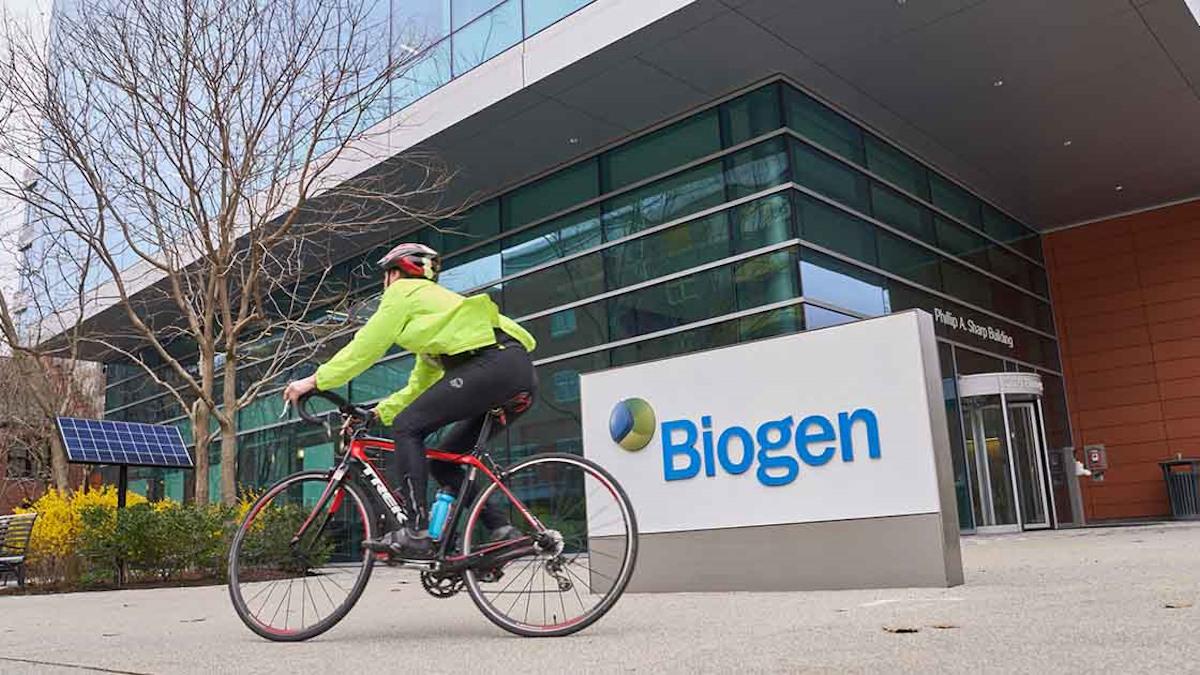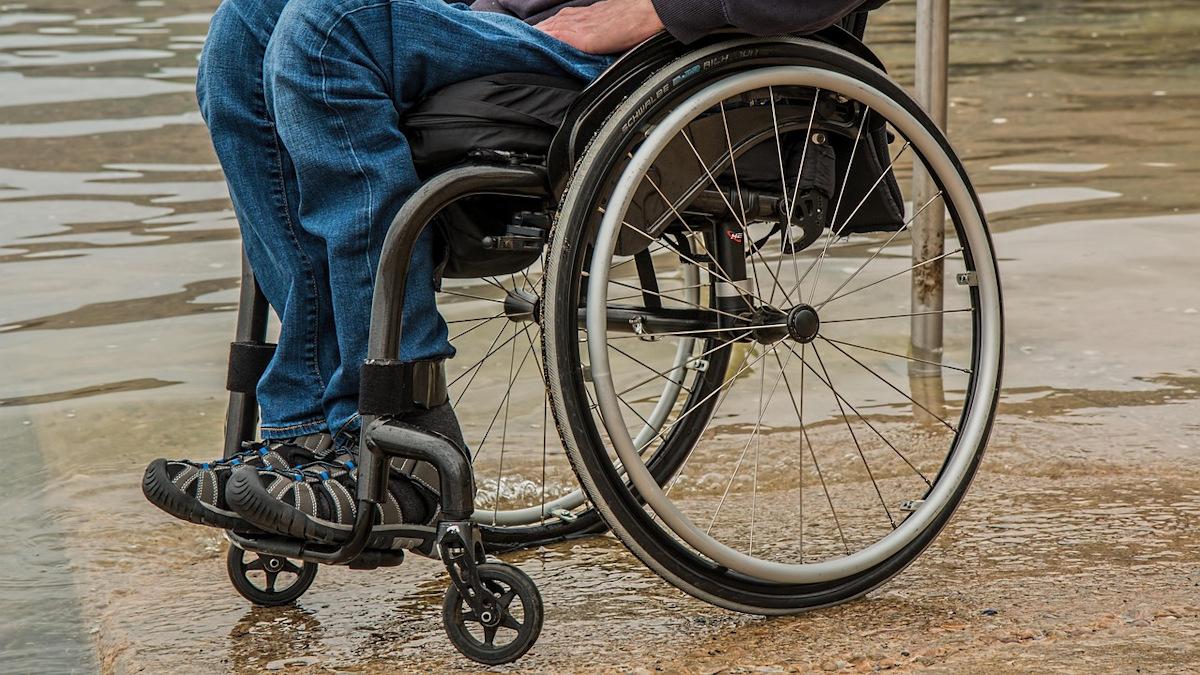Biogen races into phase 3 with Spinraza follow-up

Biogen is looking to the future of its spinal muscular atrophy (SMA) business, taking an Ionis-partnered candidate that could offer dosing just once a year into pivotal trials on the strength of encouraging phase 1 data.
Antisense-based therapy salanersen (BIIB115/ION306) is a possible follow-up to Biogen's big-selling Spinraza (nusinersen) therapy for SMA, which has come under pressure from increased competition in the category.
Spinraza is dosed every four months after an initial induction period, but Biogen says a single dose of salanersen – which has the same mechanism of action – showed efficacy over 12 months in its phase 1 trial. The company licensed salanersen from Ionis in 2022 for $60 million upfront.
Moreover, the study recruited children with SMA who had previously received gene therapy for the disease, specifically Novartis' blockbuster gene therapy Zolgensma (onasemnogene abeparvovec), and demonstrated that using the new drug resulted in a "substantial" slowing of neurodegeneration – measured using neurofilament light chain (Nfl) as a biomarker – and "clinically meaningful improvements in motor function."
The additional clinical benefit, seen in patients who had less than hoped-for clinical benefits with Zolgensma, was seen at both doses tested (40mg and 80mg), according to Biogen. At six months, the addition of the drug resulted in an average Nfl reduction of 70% at six months, which was retained through to the one-year timepoint.
"To see a child dosed with gene therapy at one year of age and still unable to sit without support at age five, then gain the ability to sit independently just three months after initiating salanersen, that is unexpected," commented Valeria Sansone, professor of neurology at the University of Milan, who was principal investigator for the salanersen phase 1 trial.
"Given [this is] early data from a relatively small cohort, I am looking forward to further understanding the effects that salanersen can have in both previously treated and treatment-naïve individuals in the upcoming phase 3 studies," she added.
For Biogen, approval of salanersen could help prop up an SMA business whose growth has been hit by the emergence of Zolgensma and other drugs like Roche's Evrysdi (risdiplam), which can be delivered orally.
Last year, Zolgensma sales came in at around $1.2 billion, down slightly on the prior year, but ahead of the approval of a new route of administration that has broadened the range of eligible patients, while Evrysdi grew 18% to around $2 billion and Spinraza fell almost 10% to just below $1.6 billion, having once been a $2 billion-plus brand.
In another attempt to stem the decline, Biogen has developed a high-dose Spinraza regimen, currently under regulatory review in the US and Europe, that offers greater Nfl reductions than the current treatment protocol.
"Despite the remarkable therapeutic advancements in the field of SMA over the past decade, there remain critical unmet needs," said Biogen's head of neuromuscular development, Stephanie Fradette.
"Salanersen represents the next phase of Biogen's ongoing pursuit to address these needs."












